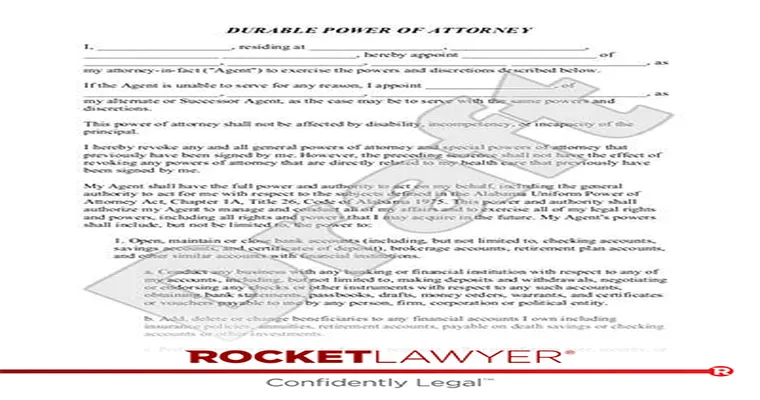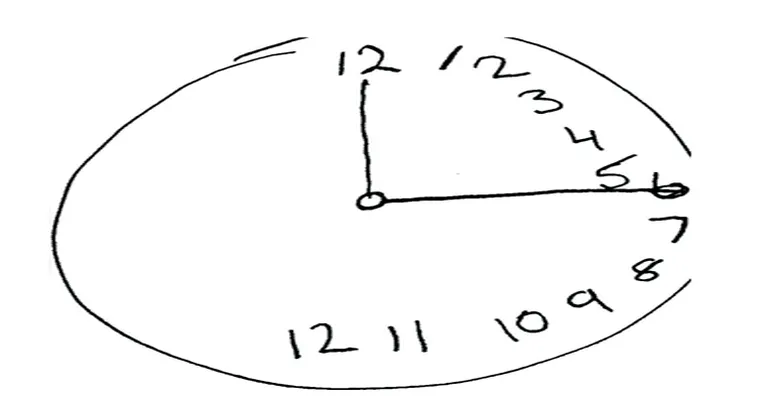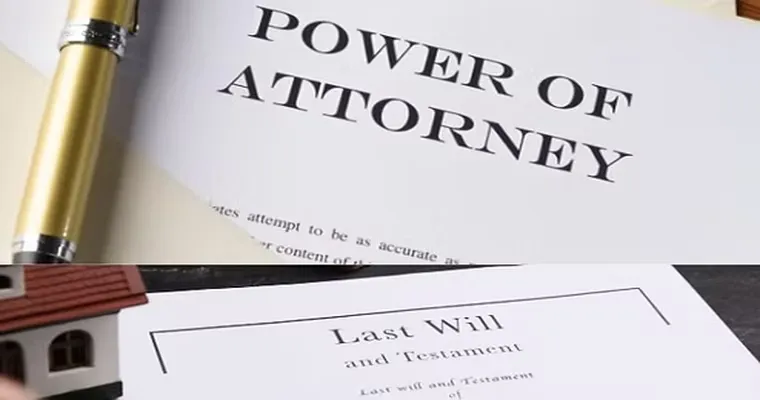Managing a parent’s finances can be a challenging responsibility, especially when you have a "Durable Power of Attorney (POA)" for your dad. While the "Durable POA" grants you the authority to handle his financial matters, it can be difficult to navigate situations where he may want to withdraw large sums of money from the bank. Understanding how to effectively manage these circumstances while respecting his autonomy is crucial. This article will provide practical guidance on how to maintain financial stability for your father while managing his banking activities.
Understanding Durable Power of Attorney
A "Durable Power of Attorney" is a legal document that allows you to make decisions on behalf of another person, in this case, your dad. This authority can include managing bank accounts, paying bills, and making investment decisions. However, even with a Durable POA in place, there may be times when your dad insists on withdrawing money or making other financial decisions that you believe could be detrimental.
Open Communication
The first step in addressing your concerns is to maintain "open communication" with your dad. Explain your role as his agent under the Durable POA and the reasons behind your desire to manage his finances conservatively. It's important to reassure him that your intentions are in his best interest. By fostering a trusting relationship, he may be more inclined to listen to your guidance regarding financial matters.
Set Up Joint Accounts
One effective way to manage your dad's banking activities is to consider setting up a "joint bank account". This allows both of you to have access to funds while providing you with oversight of transactions. By discussing this option with him, you can help him feel involved in the decision-making process, which may reduce the likelihood of him withdrawing large amounts of money without your knowledge.
Establish Spending Limits
If your dad insists on having access to his funds, consider establishing "spending limits" on transactions. You can work with the bank to set up alerts or notifications for withdrawals above a certain amount. This way, you can monitor his spending while still respecting his autonomy. By informing him about these limits, you can create a framework that protects his finances without making him feel restricted.
Educate on Financial Consequences
Sometimes, individuals may not fully understand the long-term financial consequences of their actions. Take the time to educate your dad about the potential impacts of withdrawing money impulsively. Discuss how certain withdrawals could affect his ability to pay for essential expenses or medical care in the future. This conversation may help him reconsider his decisions when faced with the temptation to withdraw funds.
Involve a Financial Advisor
If managing your dad's finances becomes overwhelming, consider involving a "financial advisor". A professional can provide an objective perspective and help navigate complex financial decisions. By bringing in an expert, you can alleviate some of the pressure and ensure that your dad's financial interests are well taken care of.
Regular Check-Ins
Finally, make it a habit to conduct "regular check-ins" regarding your dad’s financial situation. Schedule monthly meetings to review his bank statements, discuss upcoming expenses, and ensure that everything is on track. This proactive approach not only keeps you informed but also reinforces the importance of financial management in his daily life.
Conclusion
Having a "Durable Power of Attorney" for your dad is a significant responsibility that requires careful handling, especially when it comes to managing his finances. By fostering open communication, setting up joint accounts, establishing spending limits, educating him on financial consequences, involving a financial advisor, and conducting regular check-ins, you can ensure his financial stability while respecting his independence. Remember, the goal is to protect his interests and provide peace of mind for both of you.





